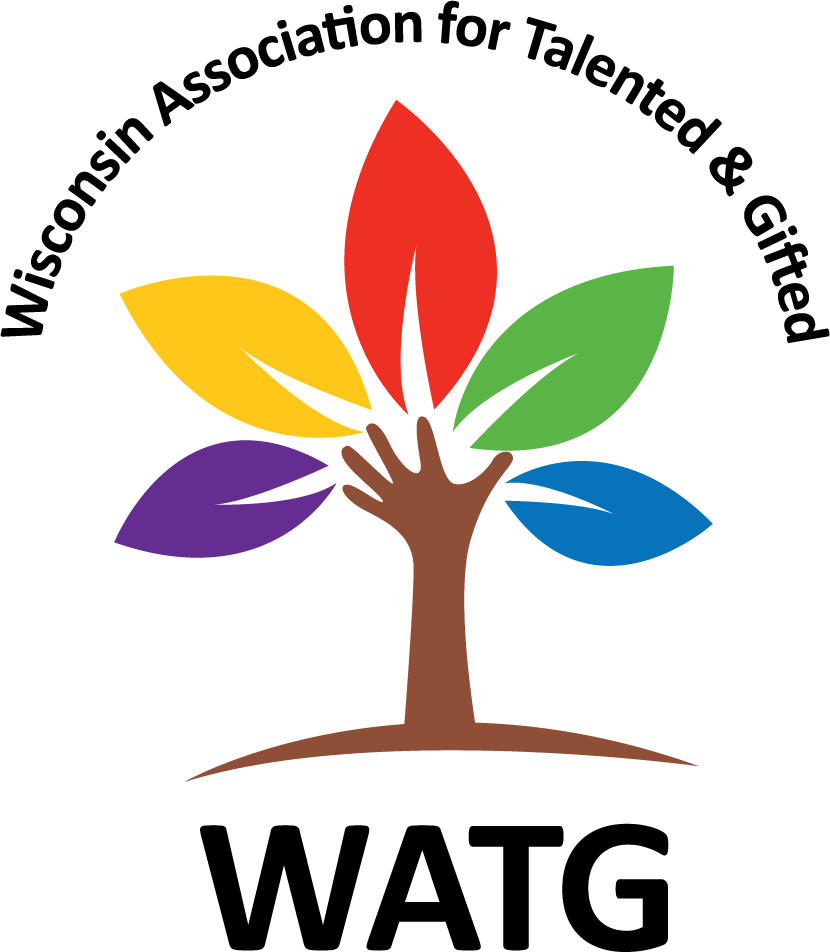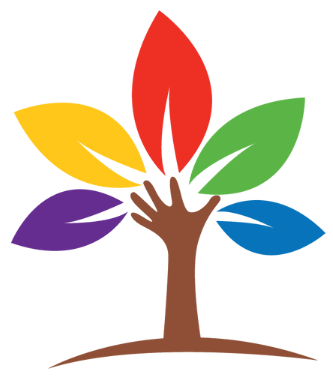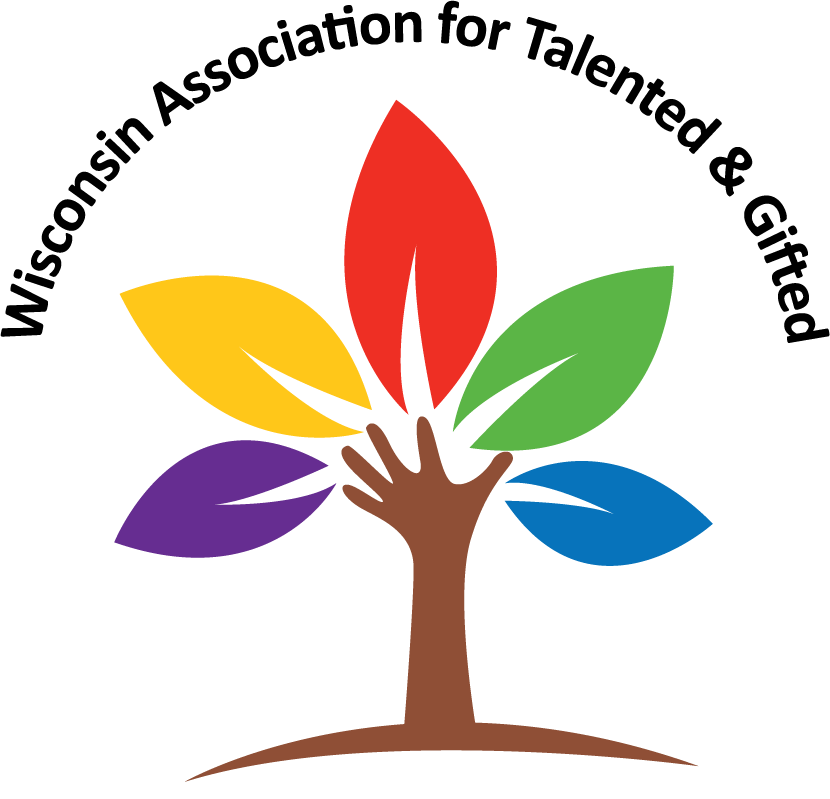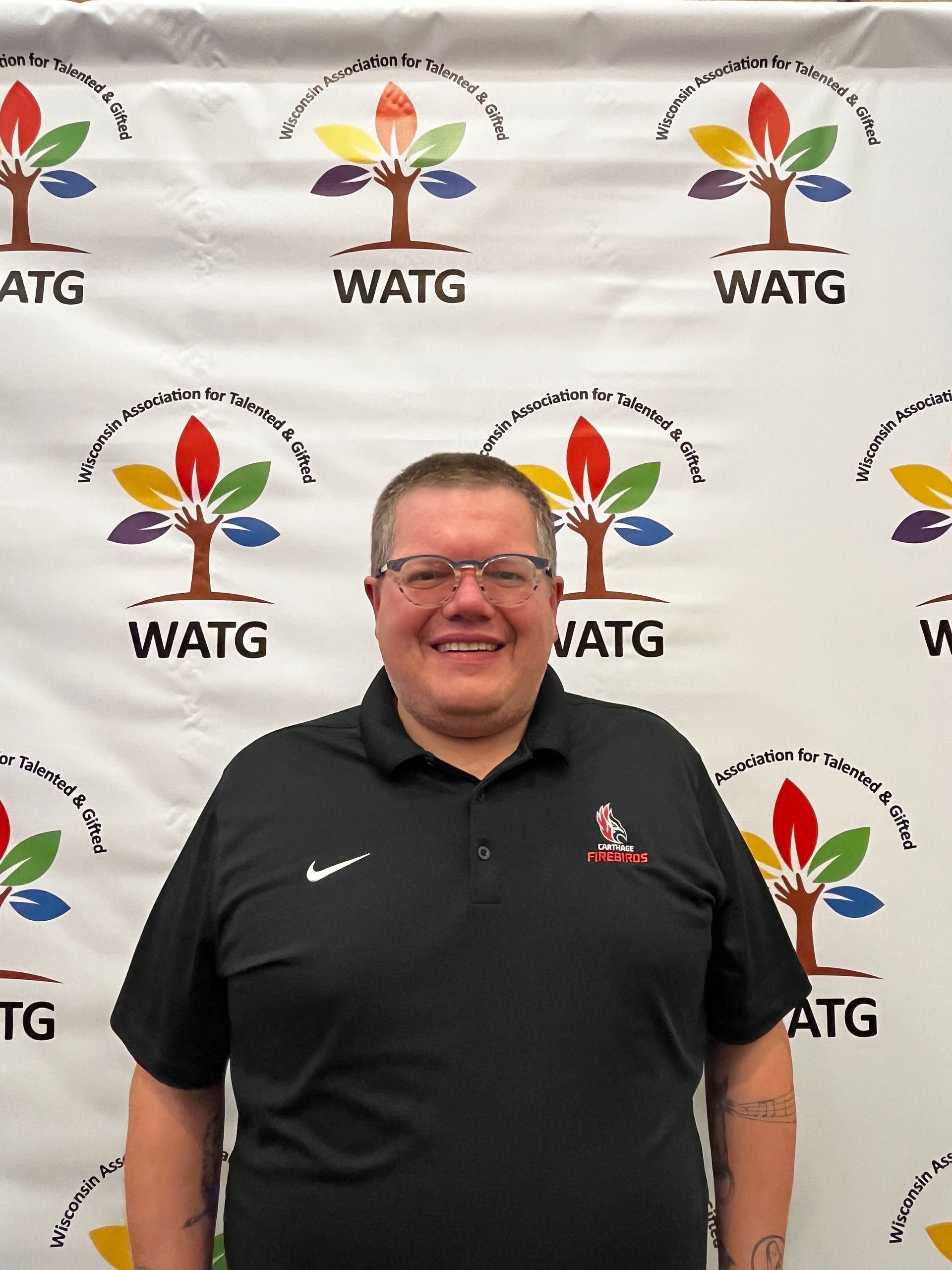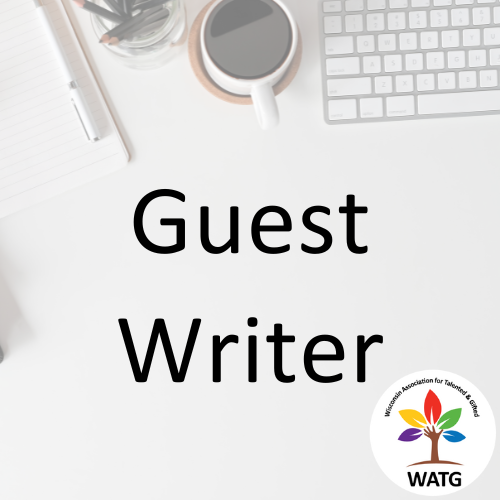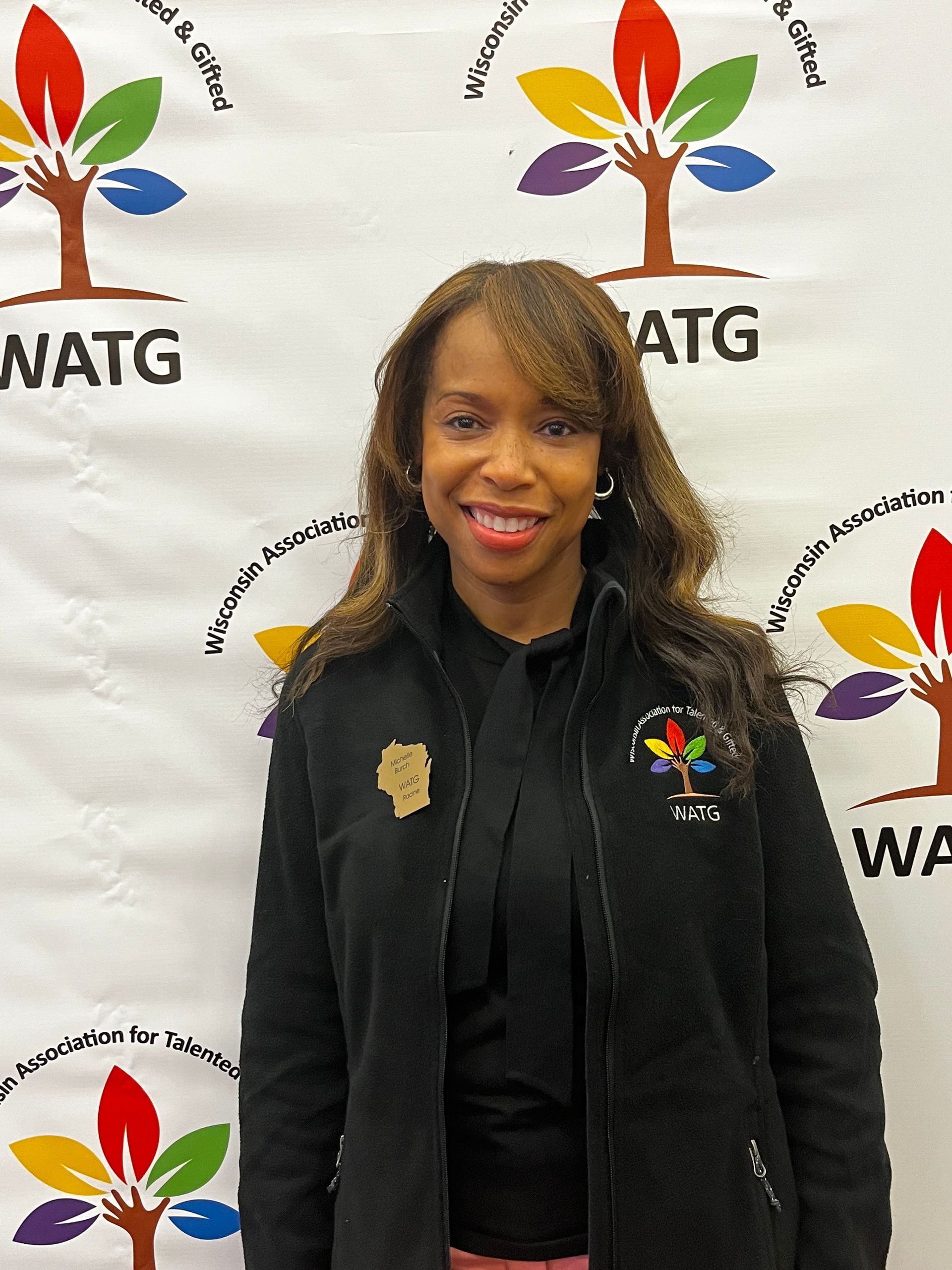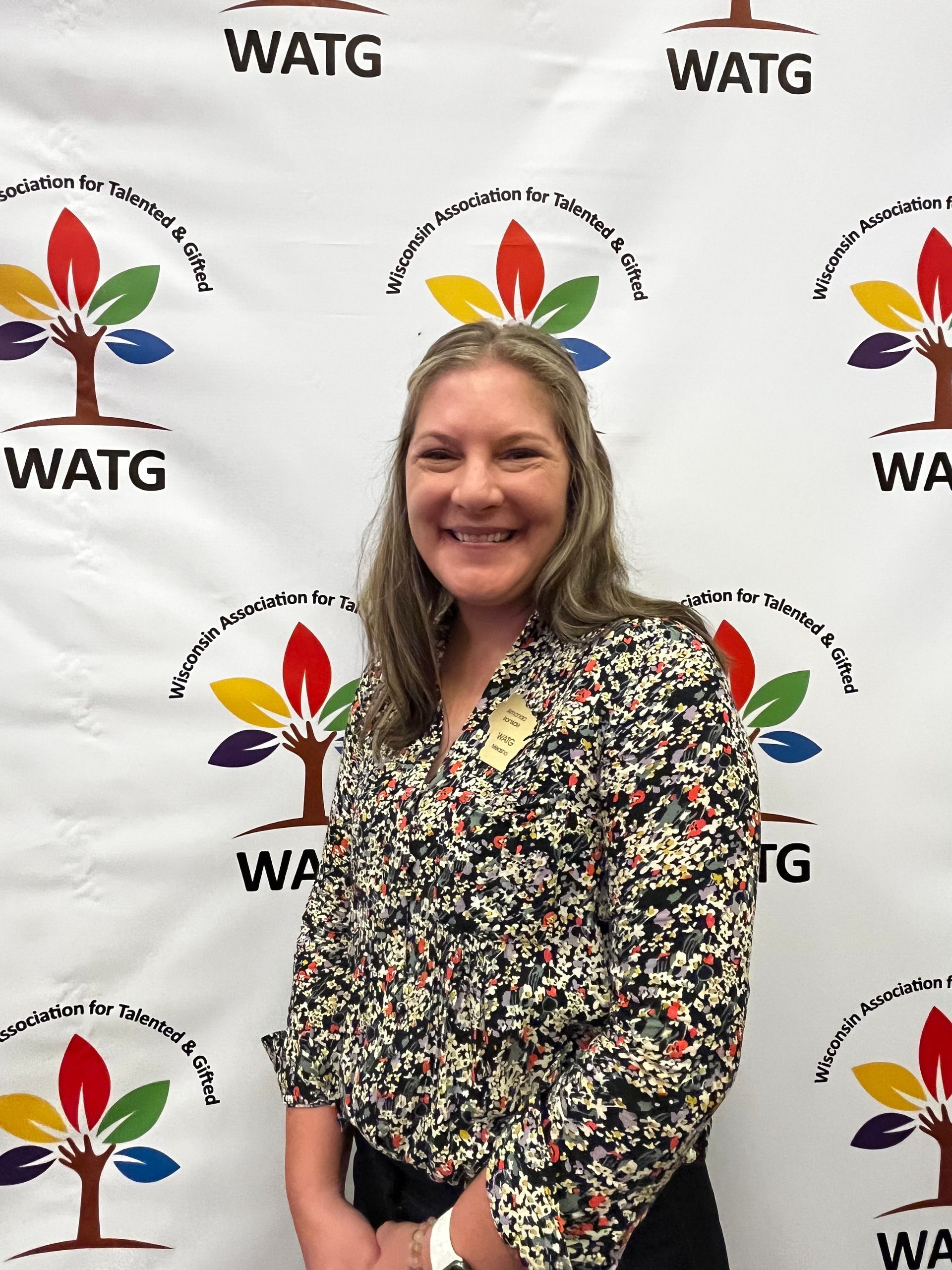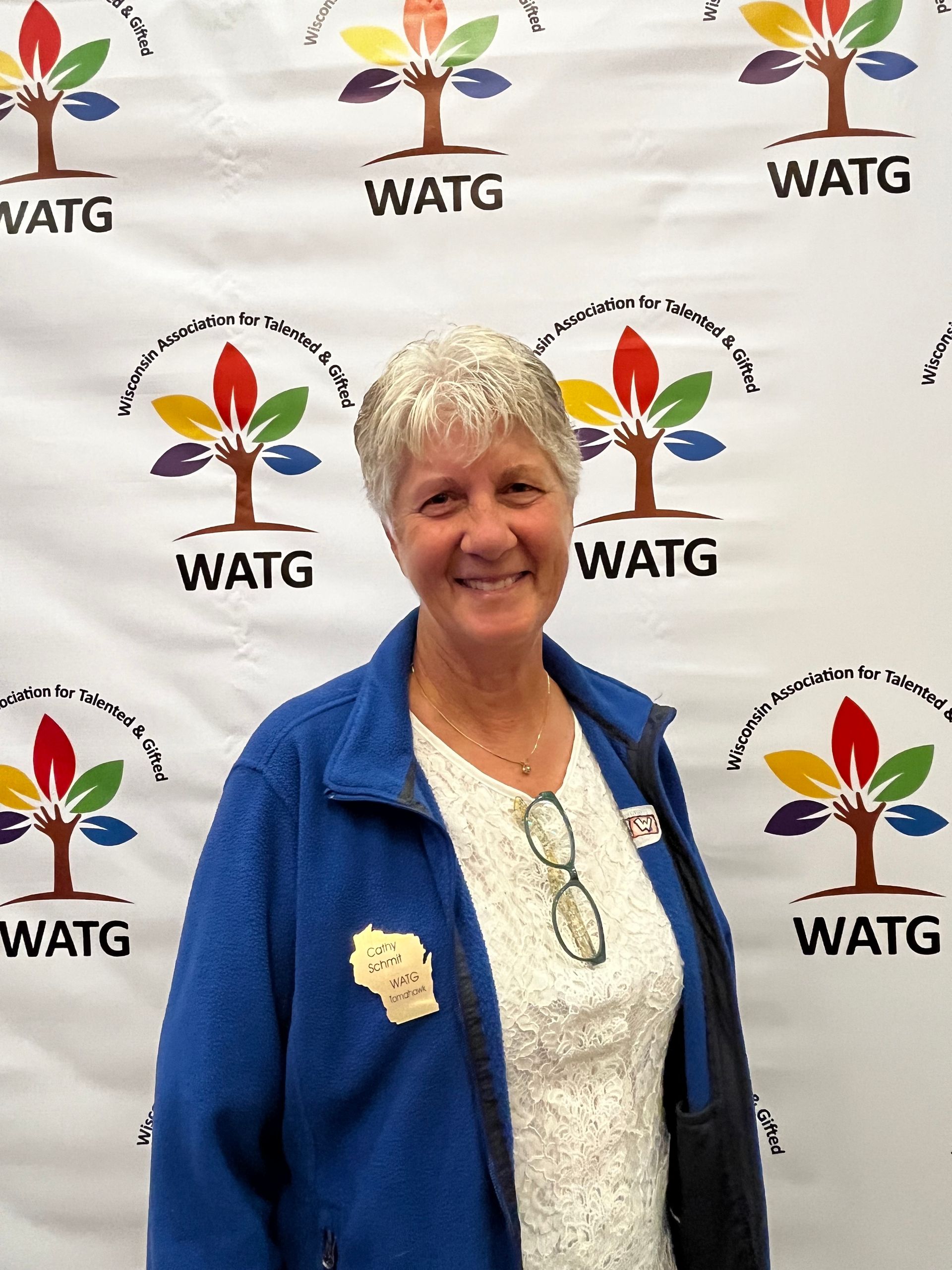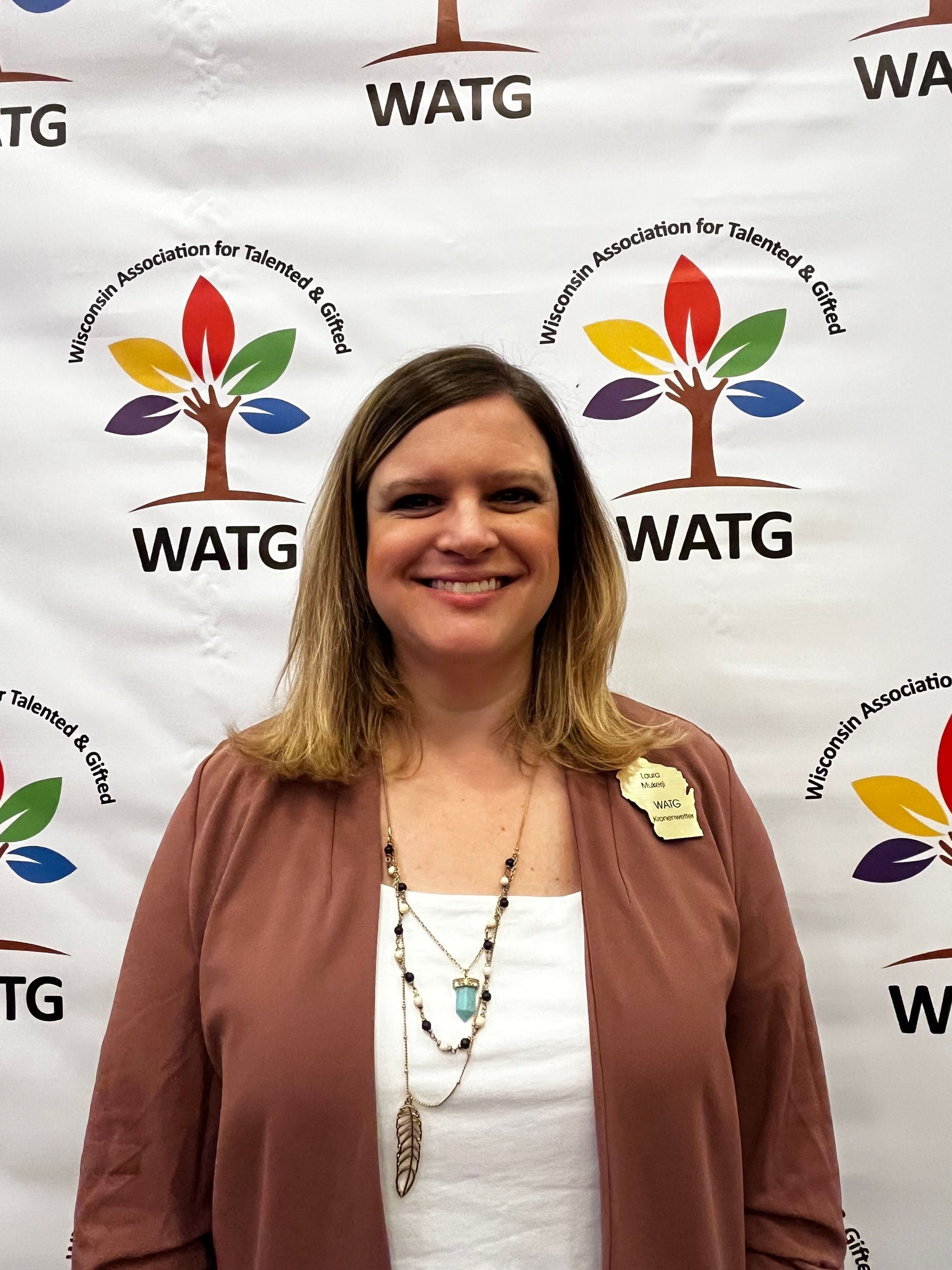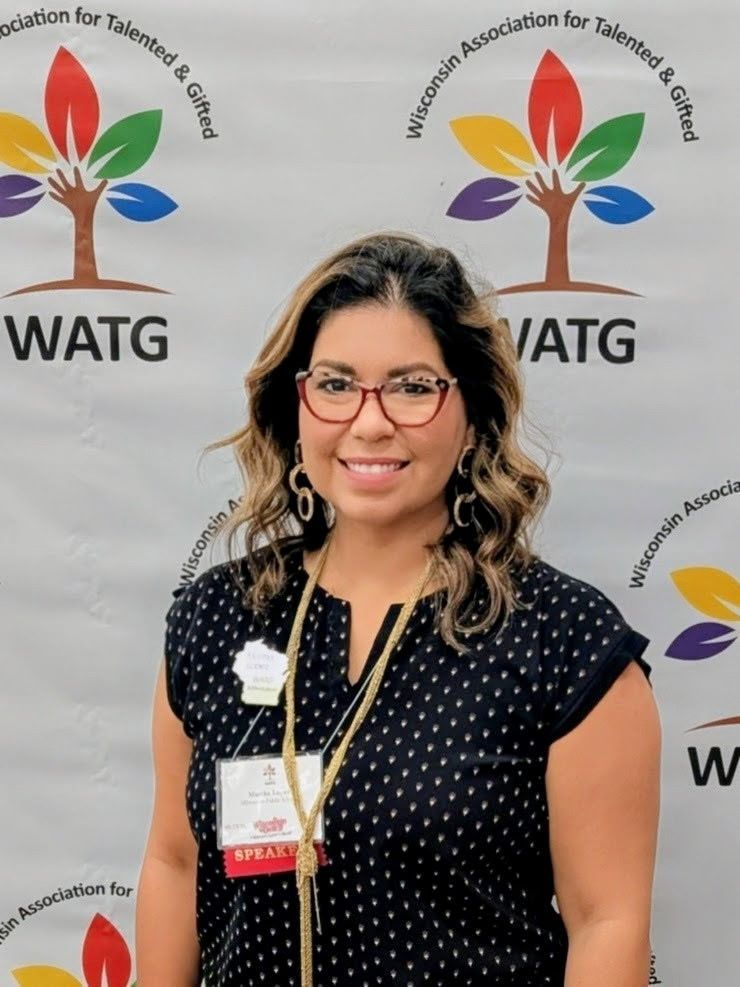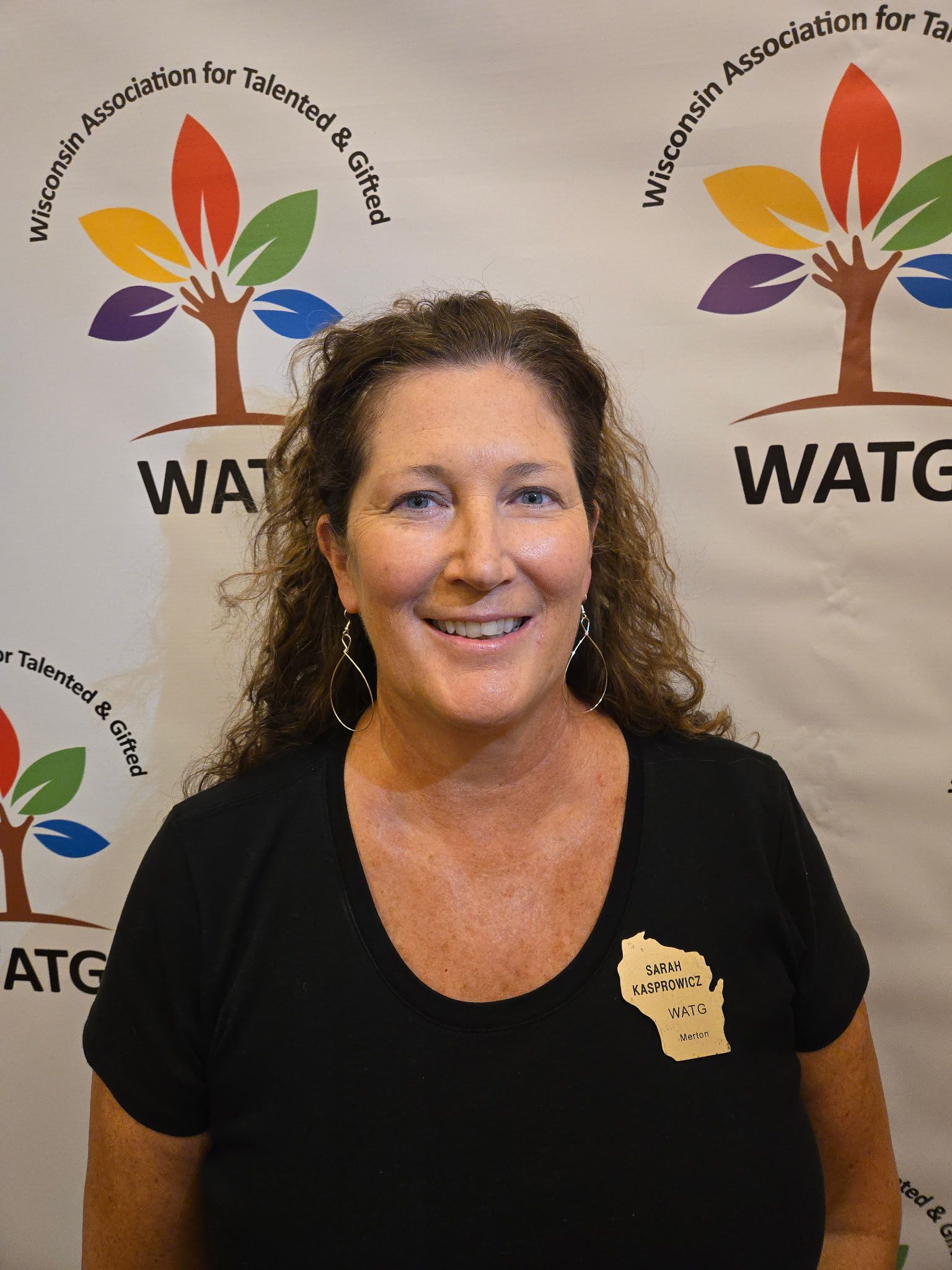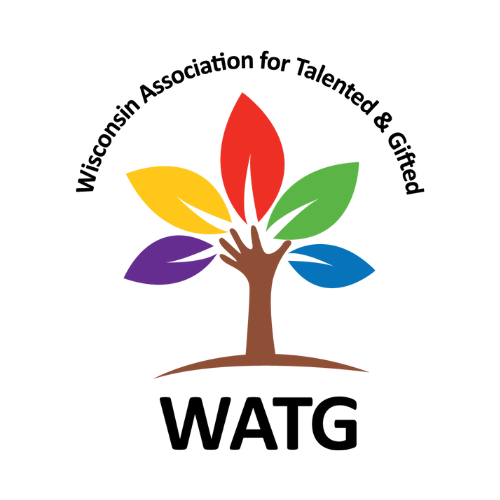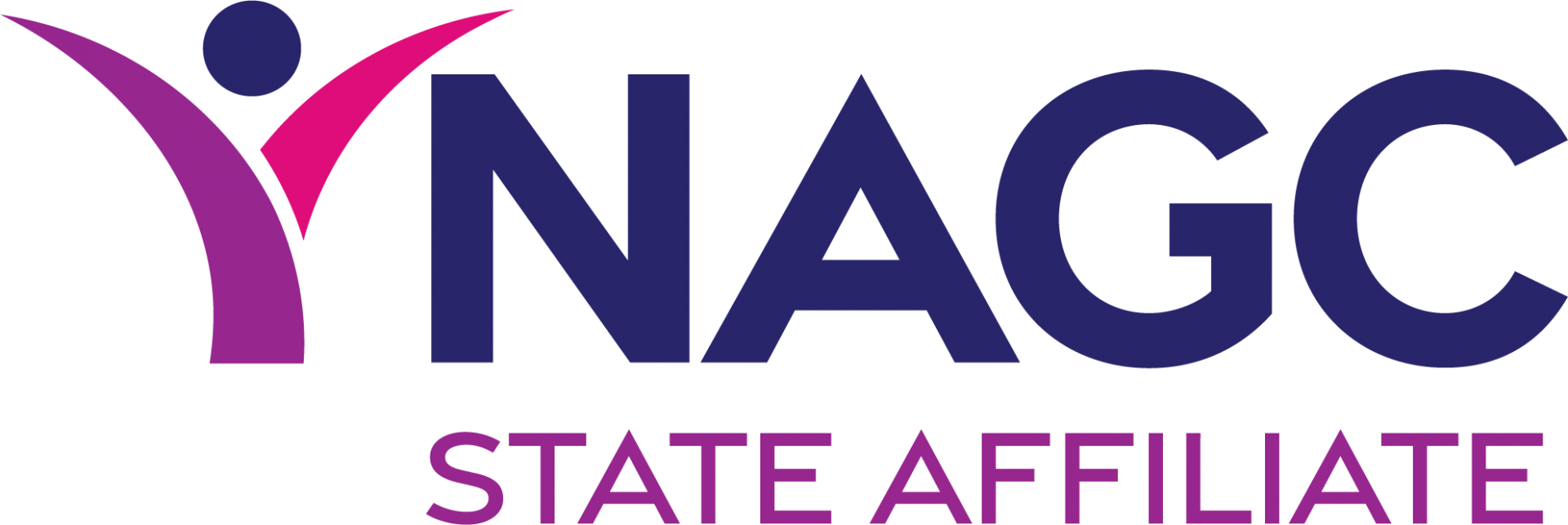New Year Resolution: Find Your Voice
Over fifty years ago, a revolutionary writer armed himself with pen and paper and took to the market, ready to voice his displeasure with the status quo. This writer saw a great need for voicing the woes he observed with pollution and greed, and wrote a tempestuous review of the world's ability to ignore the troubles for their own ease. In a rhythmic romp he shows the struggle of the protagonist as he attempts to communicate with the disassociated general public. His trials and tribulations with finding his voice are met with deep resistance and ignorance from the masses; what he said wasn't comfortable. The protagonist's request pleaded for introspection in order to create change. He began his call with:
“Mister,” he said with a sawdusty sneeze, “I am the Lorax. I speak for the trees. I speak for the trees for the trees have no tongues and I'm asking you sir at the top of my lungs—.”
The writer referenced above is none other than Dr. Seuss, who had a vision before his time of what the world could be. In my conversations with people from all walks of life, the need for being a visionary in the world of giftedness has become increasingly clear as there is a deep need for changing the status quo in our communities. Conversations with educational professionals, new and veteran alike, show an apparent lack of experience with giftedness in children. In conversations with mental health graduate students, I discovered that GT has never been part of their curriculum, either. Conversations with medical professionals have shed light on the lack of education about giftedness in the medical curriculum. A systemic lack of awareness and understanding of not only gifted education, but of gifted children and their needs permeates every level of our communities – from education, to lawmaking, healthcare, and more.
The Lorax was born to speak for the trees, but who will champion gifted children? Who will step up to help create a better world and brighter future for gifted education? Cultivating a system where the educational needs of all children are met will require effort and commitment from all of us. Those who see and understand the need must be the voice to “speak for the trees.”
Only when we work together as a team to speak up can we begin to drastically change the status quo. It is through this effort and commitment, that pre-established patterns can be changed one-by-one, classroom-by-classroom, and school-by-school. As a team we can meet our children where their learning begins. We can educate school personnel and lawmakers, correct misunderstandings in medicine, bring emotional and social well-being to light, and more. Gifted education and those involved, compose a network of voices from which change can start to become a reality.
So what can you dare to dream on behalf of gifted children? Where can you plug into this community? Could you raise your voice to contact your political representatives - local (School Board) and state representatives? Is there a platform such as the WATG board or a committee that you feel inspired by and would join? Can you reach out to people in your network or community to spread the word about gifted education and aid in raising funds and awareness?
Teamwork requires effort from all players, and all players bring a multitude of valuable skills. It is through this work of leading, conversing, fundraising, lobbying, and being involved, that we are seeing change. Your voice matters, so where can you resolve to “speak for the trees” in this new year?
By Cathy Schmit, WATG Board Advisor (with daughters Caitlyn and Hannah)
